Your full birthdate

It’s crucial to refrain from displaying your full birthdate on social media profiles. This seemingly innocent information can be exploited by identity thieves to open fraudulent accounts or perform targeted attacks, compromising your privacy and security. Be cautious and only share your birthdate with trusted entities when necessary.
Your location

When posting updates or tweets, be aware of geotagging. This feature reveals your precise location, potentially making you an easy target for criminals. By broadcasting your absence from home, you unwittingly invite burglars. Exercise caution and consider disabling geotagging to protect yourself and your property.
Name tagged photos of your children
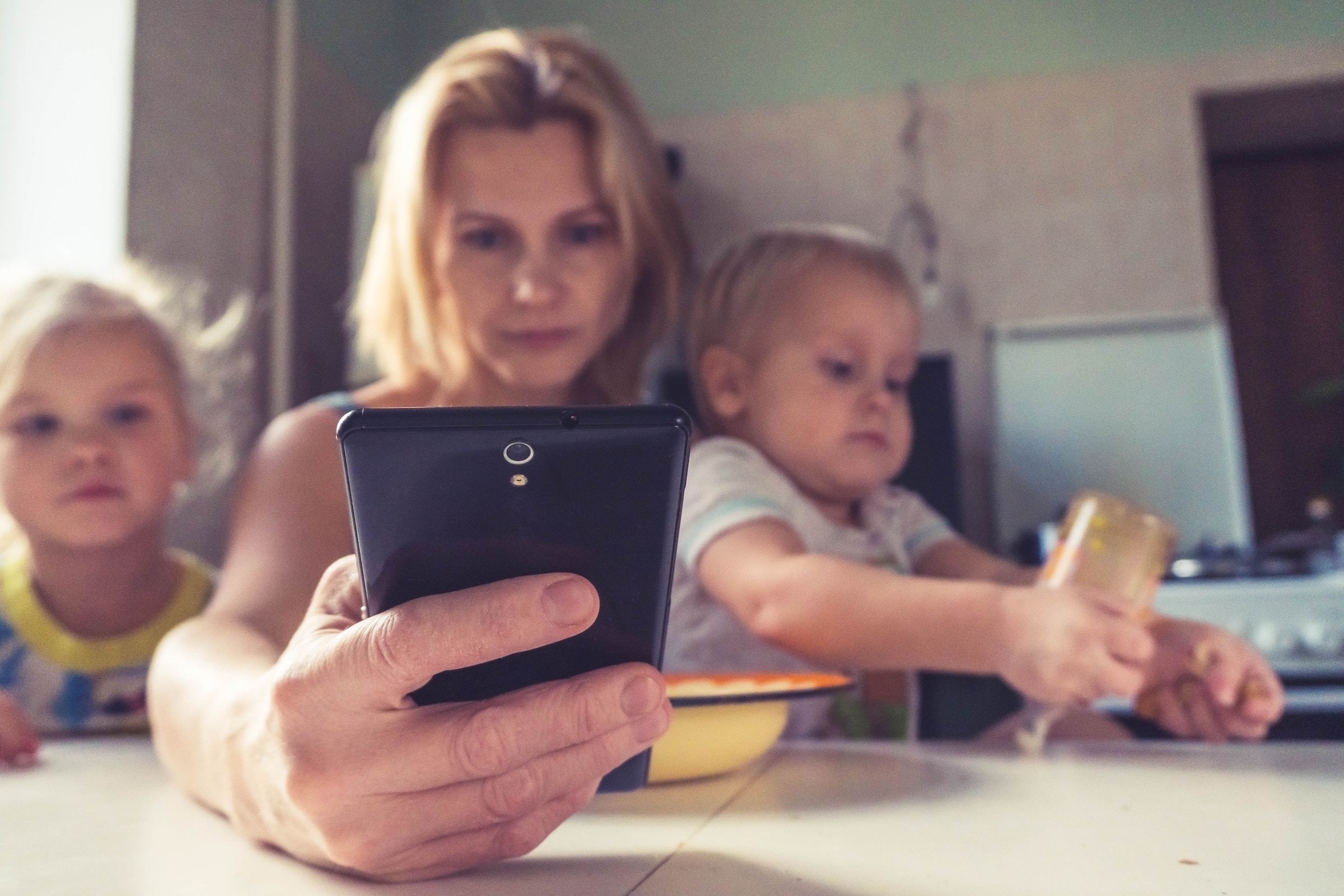
While it’s natural to share cherished moments of your children, avoid posting numerous name-tagged pictures online. By doing so, you risk exposing their identities to unauthorized viewers. Restrict access to these images, remove geotags that disclose their locations, and use pseudonyms or initials instead of real names for additional protection.
Your home address
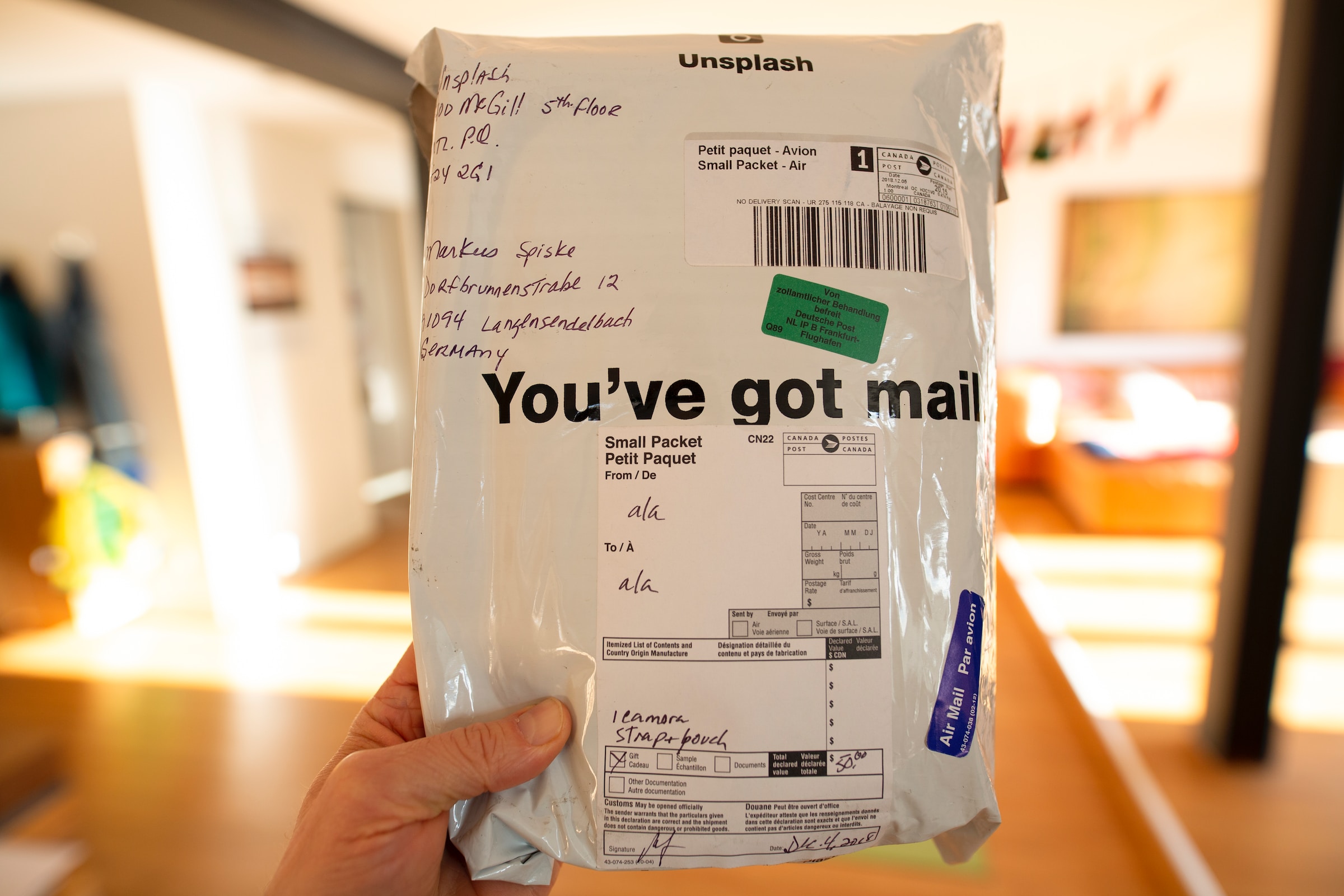
Your home address should never be publicly disclosed on social media platforms. This information is valuable to criminals seeking to exploit your vulnerabilities. Avoid the risk of burglary or identity theft by refraining from sharing your address online. Safeguard your home and personal safety by keeping this sensitive information private.
Your phone number
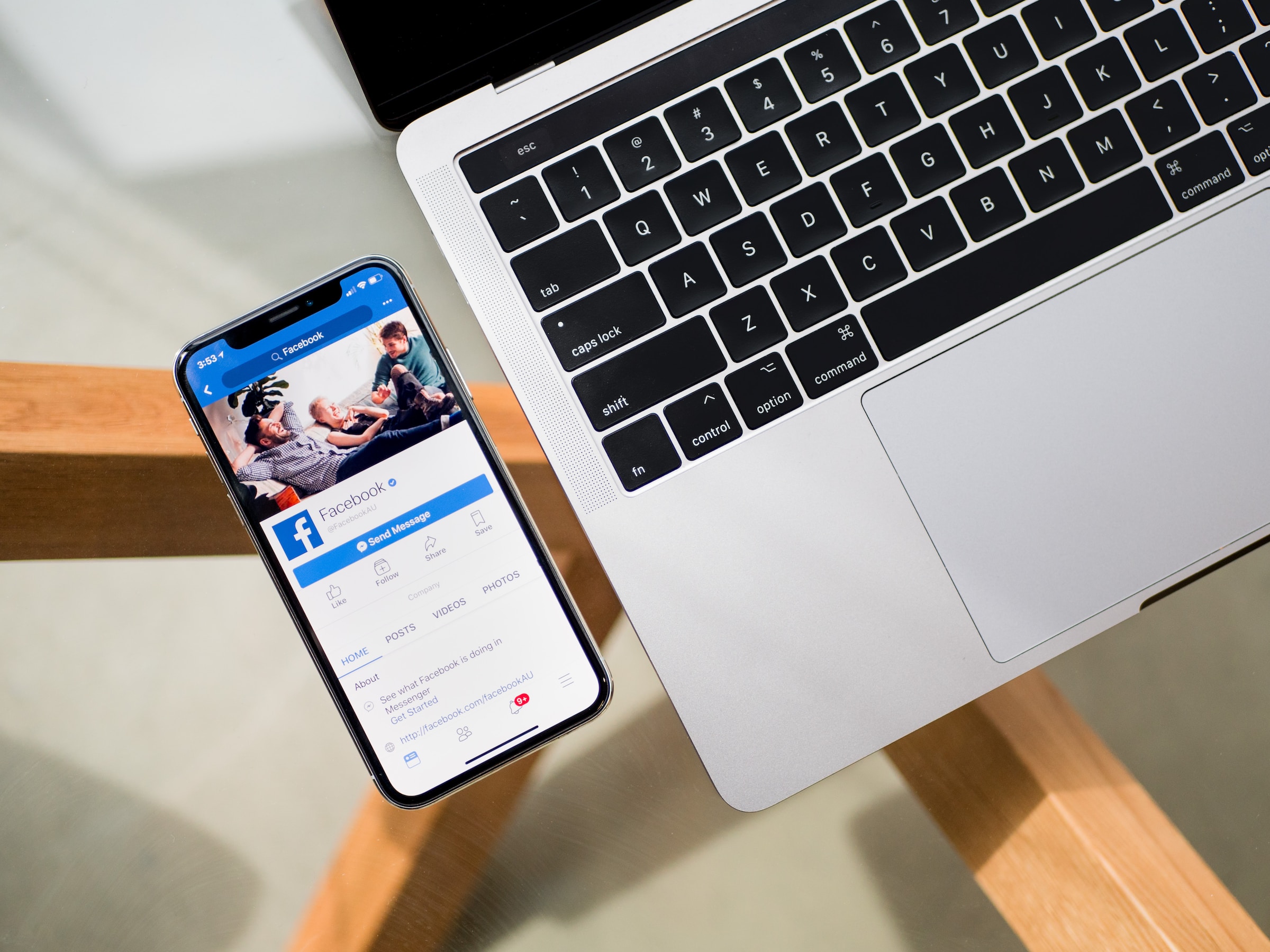
Rather than openly sharing your personal phone number on social media, consider using a Google Voice number as an intermediary. This allows you to facilitate communication while maintaining your privacy. By utilizing this approach, you reduce the risk of your phone number falling into the wrong hands, protecting yourself from potential threats.
Relationship status updates

While it’s tempting to share relationship milestones, posting your relationship status can inadvertently attract unwanted attention. It may signal potential stalkers, providing them with information about your availability and vulnerability. Exercise caution and consider the implications before openly displaying your relationship status on social media platforms.
Geotagged location pictures

Geotags embedded in pictures reveal your exact location. Exercise caution and be aware that your smartphone may automatically record this information without your knowledge. To protect your privacy, review and remove geotags from pictures before sharing them online. By doing so, you limit the exposure of your whereabouts to potential threats.
Detailed vacation plans

It’s essential to exercise discretion when sharing vacation plans on social media. Avoid posting detailed itineraries, geotagged photos, or live videos that clearly indicate your absence from home. Such information provides a golden opportunity for criminals to target your vacant residence. Safeguard your property by disabling Facebook location tracking and refraining from sharing sensitive travel details.
Embarrassing content

Always consider the potential consequences before sharing anything online. Remember, once it’s posted, it may be difficult to remove completely. Consider the impact on your personal and professional reputation. Ask yourself if you would want your employer or family members to see the content. Be prudent and safeguard your online presence accordingly.
Work-related confidentiality
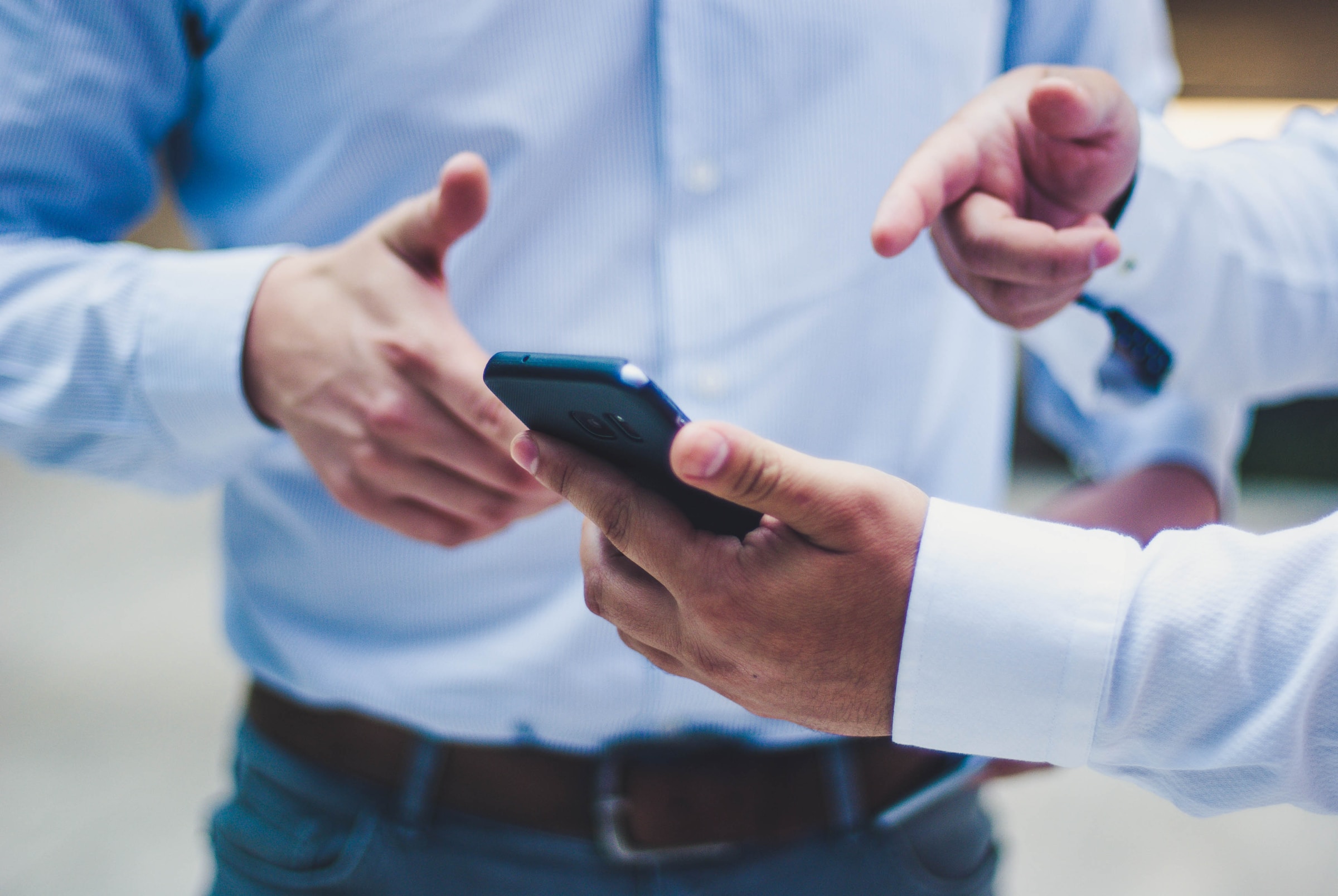
Be mindful of discussing sensitive work details on social media platforms. Even seemingly harmless updates can inadvertently violate nondisclosure agreements or provide competitors with valuable insights that may compromise your company’s interests. Maintain professionalism and confidentiality by refraining from divulging work-related gossip or information online.
Your mother’s maiden name

Mothers’ maiden names are a commonly used security question, making them valuable to hackers and identity thieves. While anyone determined enough will probably be able to find out your mother’s maiden name anyway, freely volunteering this information signals that you’re not particularly savvy and increases the odds that criminals will try to target you.
Angry rants

It can be cathartic to blow off some steam from time to time, but social media really isn’t the appropriate venue. Venting to your followers might feel good – especially if they chime in with support – but you’re also leaving an indelible trail of evidence that might be incredibly off-putting to potential employers.
Photos of your young children

The internet is remarkable, allowing you to access almost all of human knowledge in a matter of seconds (as well as enough memes to keep you entertained for a lifetime). Unfortunately, the anonymous nature of the internet means it also attracts predators. If you want to share photos of your young children, do so privately, or consider using a dedicated photo sharing app like Tinybeans.
Details of your daily routine
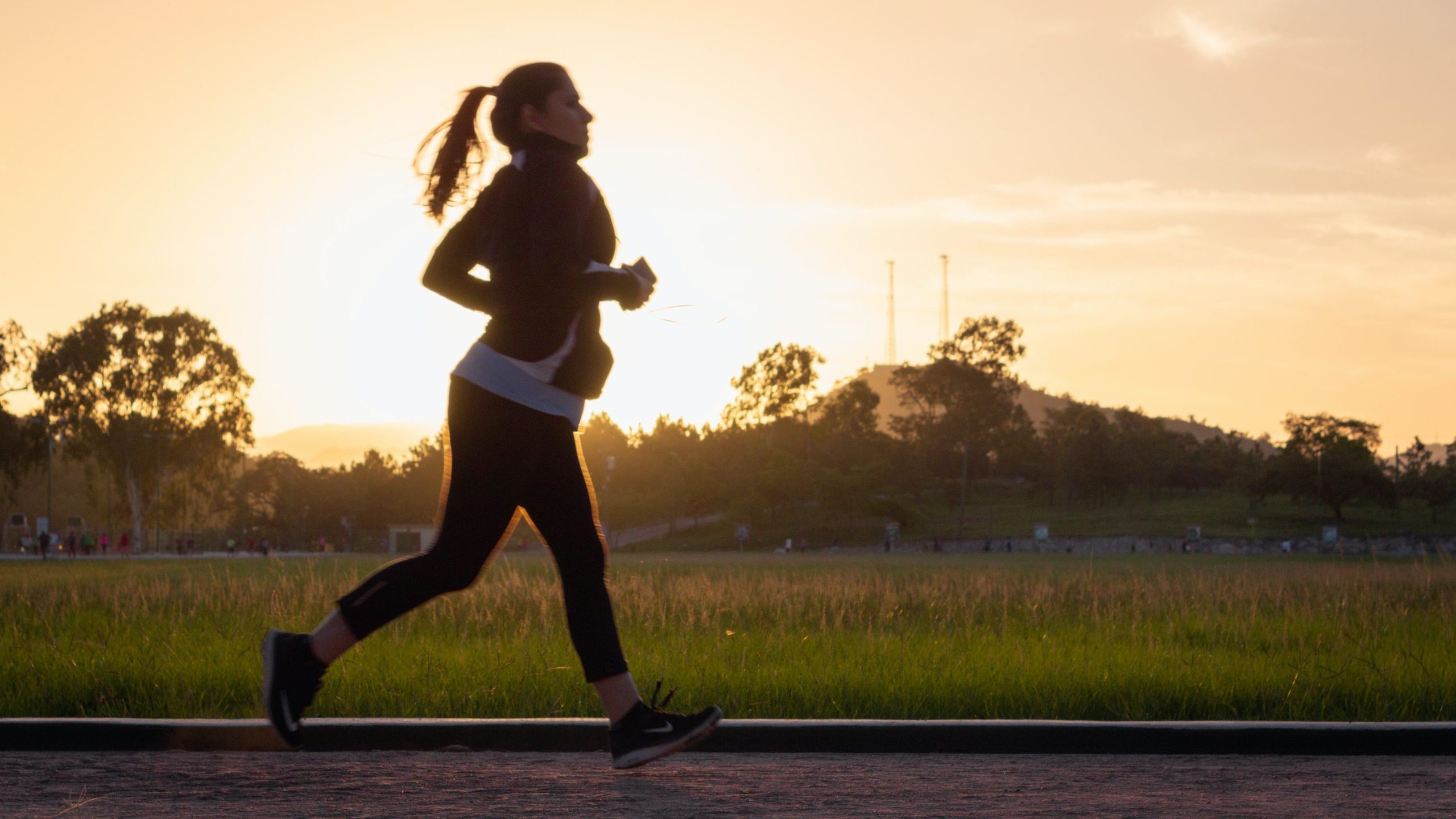
While you might think that your followers will be impressed by the fact that you never miss your morning run or your afternoon gym class, you’re also giving criminals a schedule of prime times to burgle your property. There’s nothing wrong with sharing selfies that reflect the daily achievements you’re proud of, just make sure you’re not too specific.
Personal abuse

Arguments are an unfortunate fact of life, and most people have said something they regret in anger at one point or another. There’s a big difference, however, between careless words exchanged in person and an abusive message sent via an online messaging service. Cyberbullying is illegal, and once you’ve sent that message there’s nothing you can do to take it back.
Rumors

The number of magazines devoted to chronicling every detail of celebrities’ lives proves that people are inherently drawn to salacious rumors, and you might be tempted to get some easy likes on social media by sharing a juicy tidbit of gossip that’s come your way. However, you should definitely refrain from doing so, both to avoid legal ramifications and because you could unwittingly harm someone’s career or personal life.
Every detail about your relationship
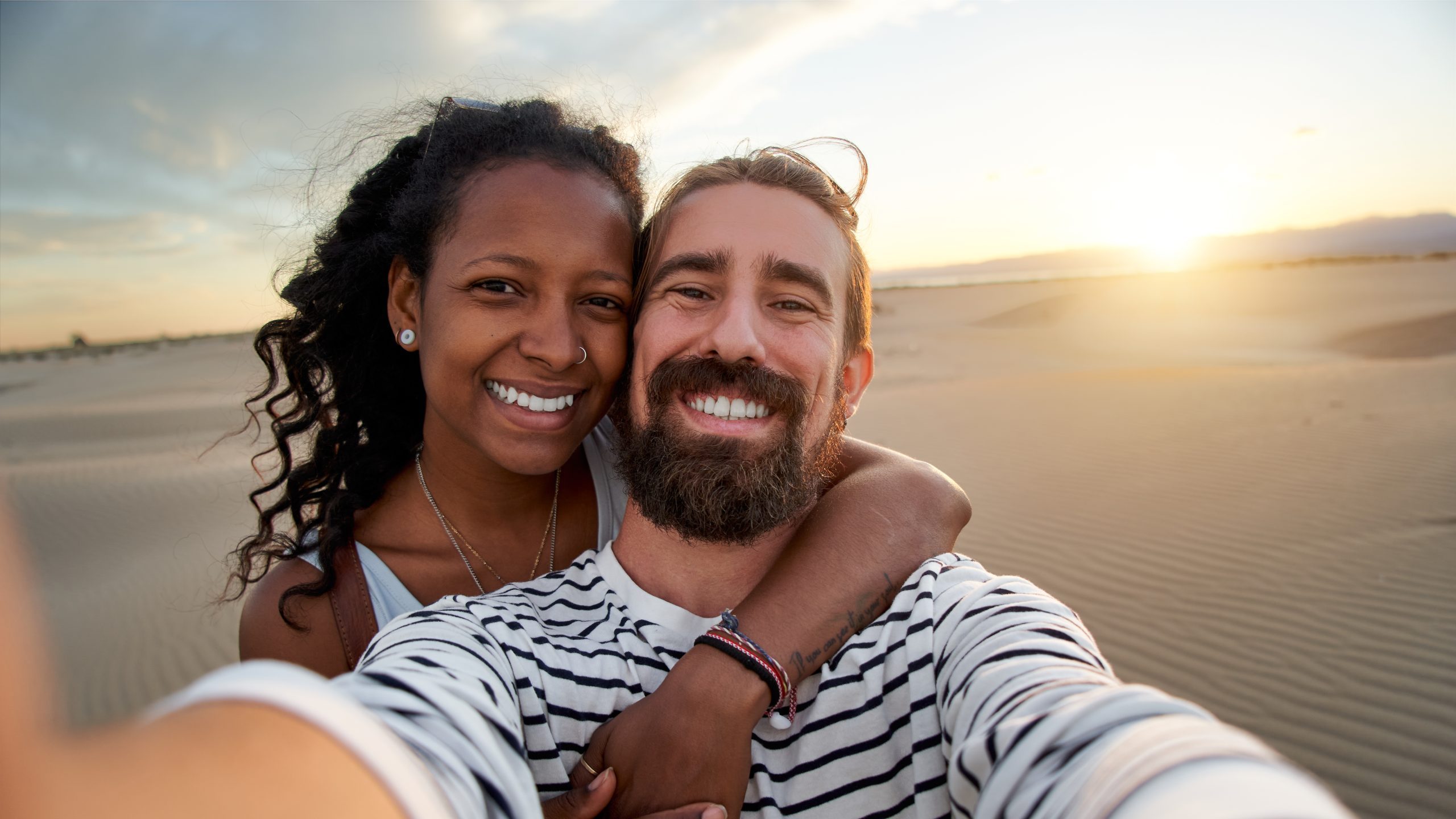
While posting a cute holiday snap of you and your significant other is fine, sharing details about arguments or generally ranting about your partner is never a good idea. Should you ever find yourself back in the dating pool, having a social media history filled with these kinds of posts is going to come off as a massive red flag.
Your credit card PIN
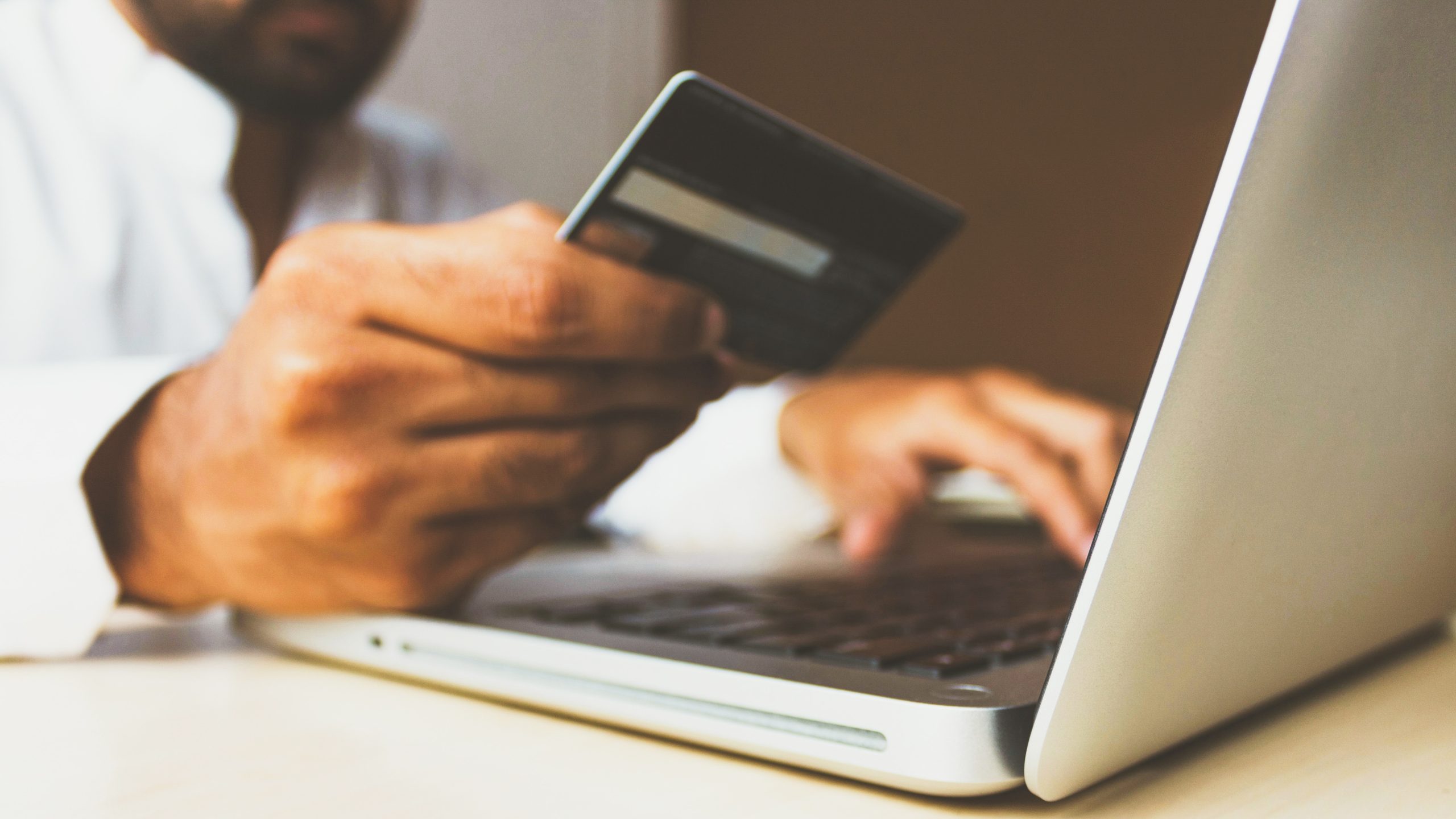
Online scammers are incredibly skilled at gaining your trust and convincing you of their credentials, which is how they routinely manage to con people out of large sums of money. Your bank will never ask for your PIN when you’re running through online security, so if anyone requests that information they’re a scammer, no matter how legit they might seem.
Constant updates
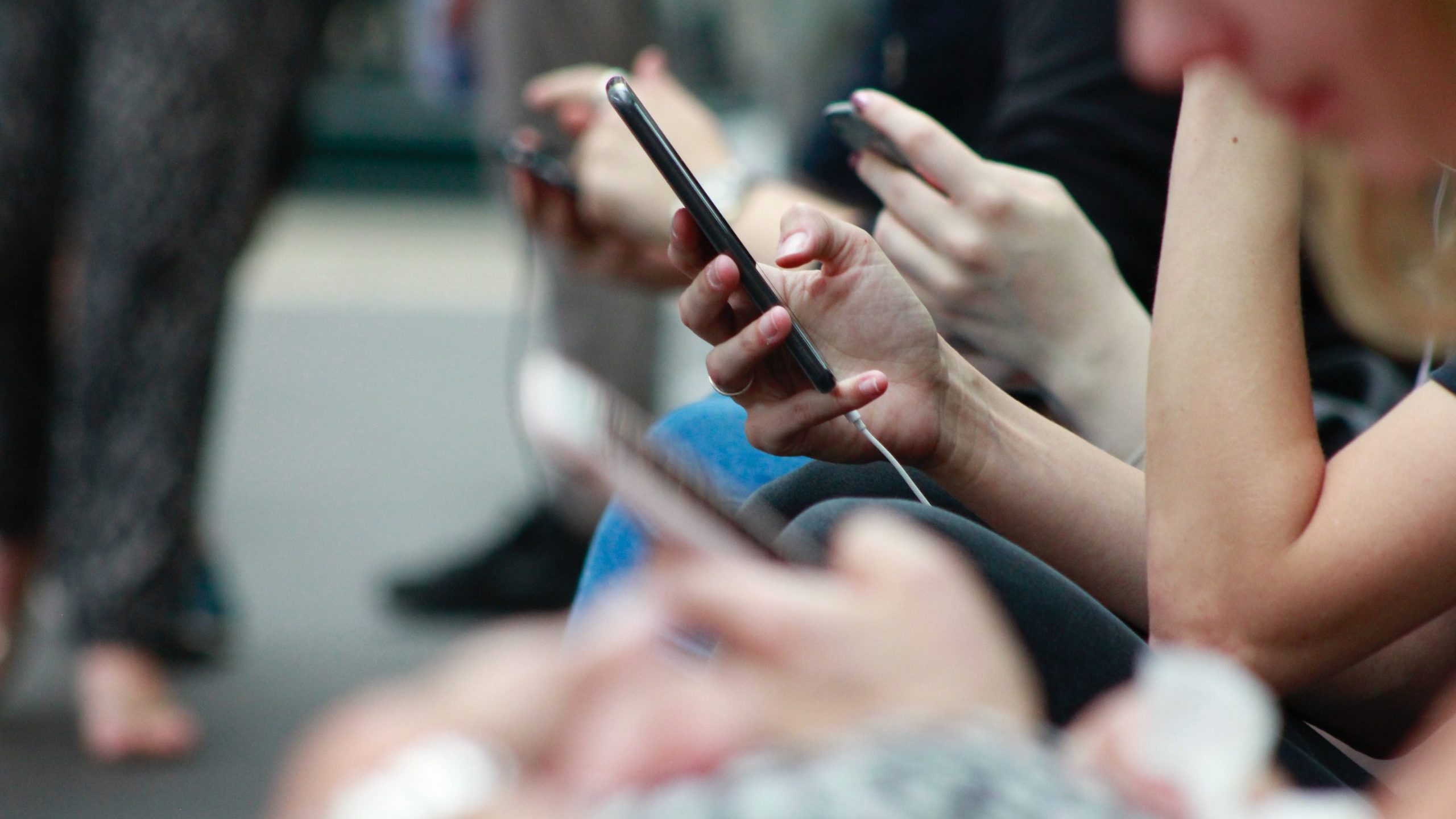
Using social media feels good, and this isn’t an accident. Every time someone hearts one of your pictures on Instagram, or retweets your latest witty quip, you get a little hit of dopamine. Unfortunately, this means that social media has the potential to quickly become addictive, and before you know it you can end up spending hours a day searching for temporarily rewarding – but ultimately meaningless – validation.
Photos of your home’s exterior

A good rule of thumb when it comes to staying safe online is the less information people can find out about you, the better. While it might be tempting to share photos of the outside of your house, especially if you’ve just moved to a new property or had some work done, doing so will allow people to work out exactly where you live.
Where your children go to school

If you insist on sharing details about your children’s lives online, you need to be extremely careful to leave out information that could make them vulnerable, such as where they go to school. Never post photos of them wearing their uniform, and make sure you don’t accidentally reveal the location of their school while posting about something else.
Photos of your home renovation

Getting your home renovated is incredibly exciting, and it’s only natural to want to share that excitement with your followers. Unfortunately, this can put your home in the sights of thieves who know that houses undergoing renovation tend to have less active security systems. This is doubly true if you’re vacating your home while the renovations take place.
Photos you took without permission

You might not think twice before posting that funny photo you took of your friend without them realizing, but you could actually be breaking the law. There are various pieces of legislation related to invasion of privacy, defamation and rights of publicity, and you could potentially run afoul of them if you don’t obtain permission before uploading an image of someone to the internet.
Pictures of your credit card
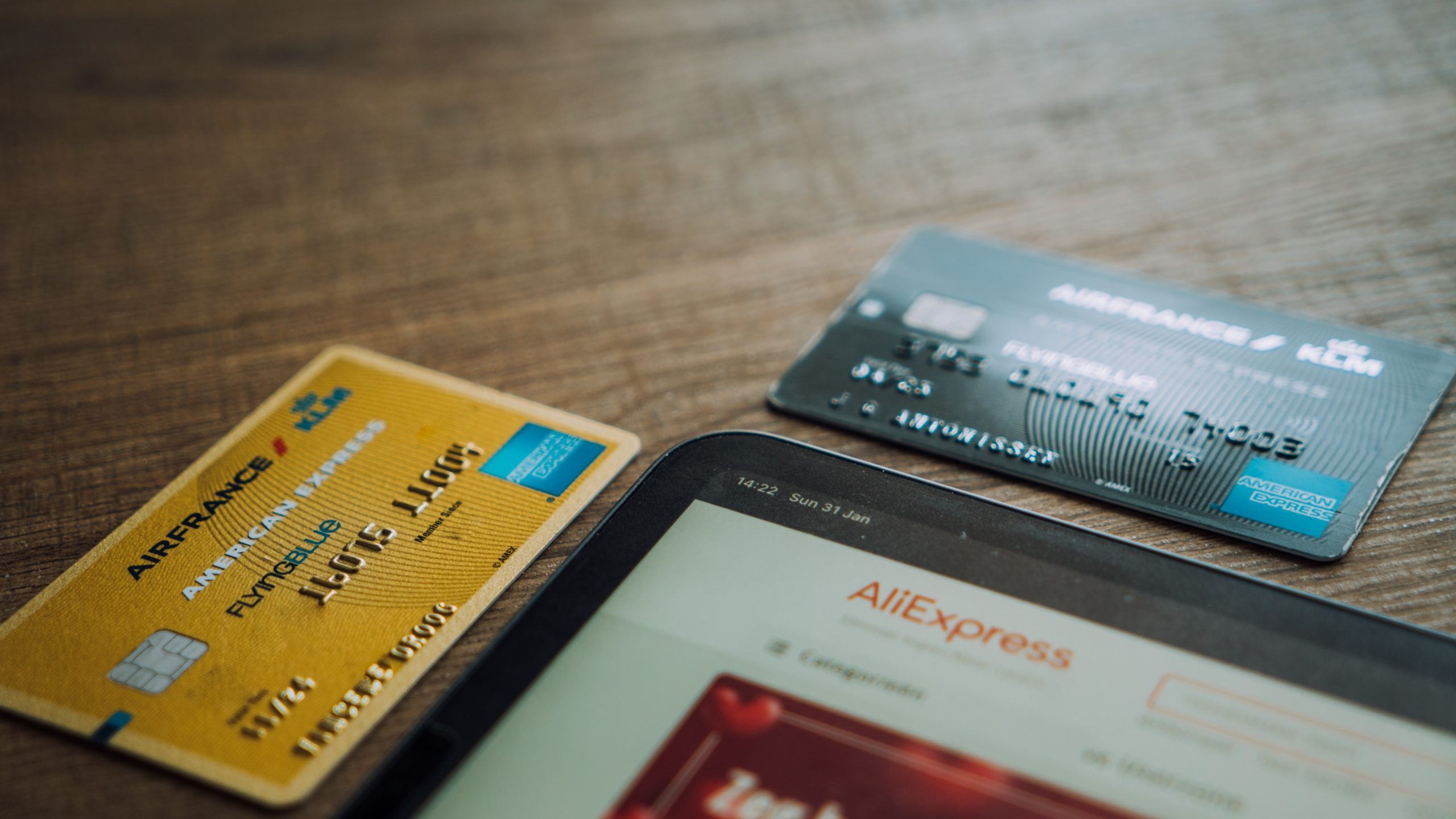
This might seem like a painfully obvious one, but you’d be amazed how many people post photos of their new credit cards to social media. As well as volunteering information that could lead to your money being stolen, this sort of behavior also informs would-be scammers that you’re precisely the kind of person worth targeting.
Complaints about your boss
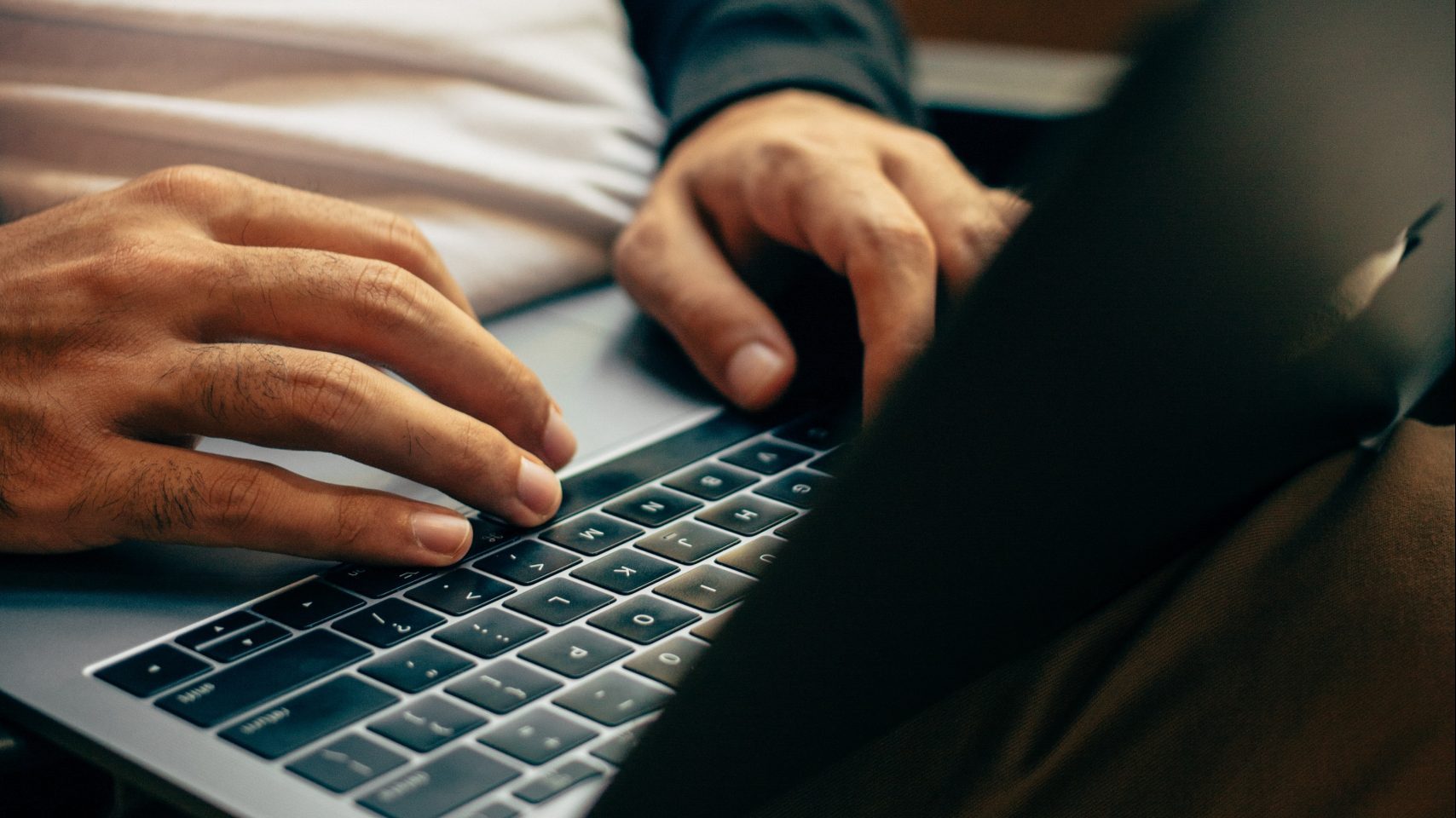
Even if your social media account is set to private, there are certain things you just shouldn’t post. Near the top of this list is complaints about your boss. While they might not be in your friends list, there’s still a very strong chance it will get back to them, making this a great way to earn yourself a very awkward conversation or – in extreme cases – an abrupt dismissal.
Photos of tickets

It’s fine to excitedly post on social media about a show you’ve just booked, but you should never include a photo of your tickets. Most tickets these days include a barcode, which scammers can use to create counterfeits, leading to confusion – and potentially disappointment – when you arrive to the venue only to discover your tickets have already been used.
Inappropriate jokes

Everyone is entitled to their own sense of humor, but if you’re a fan of off-color comedy you should probably keep it between you and your friends. Posting risqué jokes to your social media might get you a few likes and laugh emojis, but it could also scupper your chances of landing a job when a potential employer scans your online post history.
Photos documenting illegal behavior
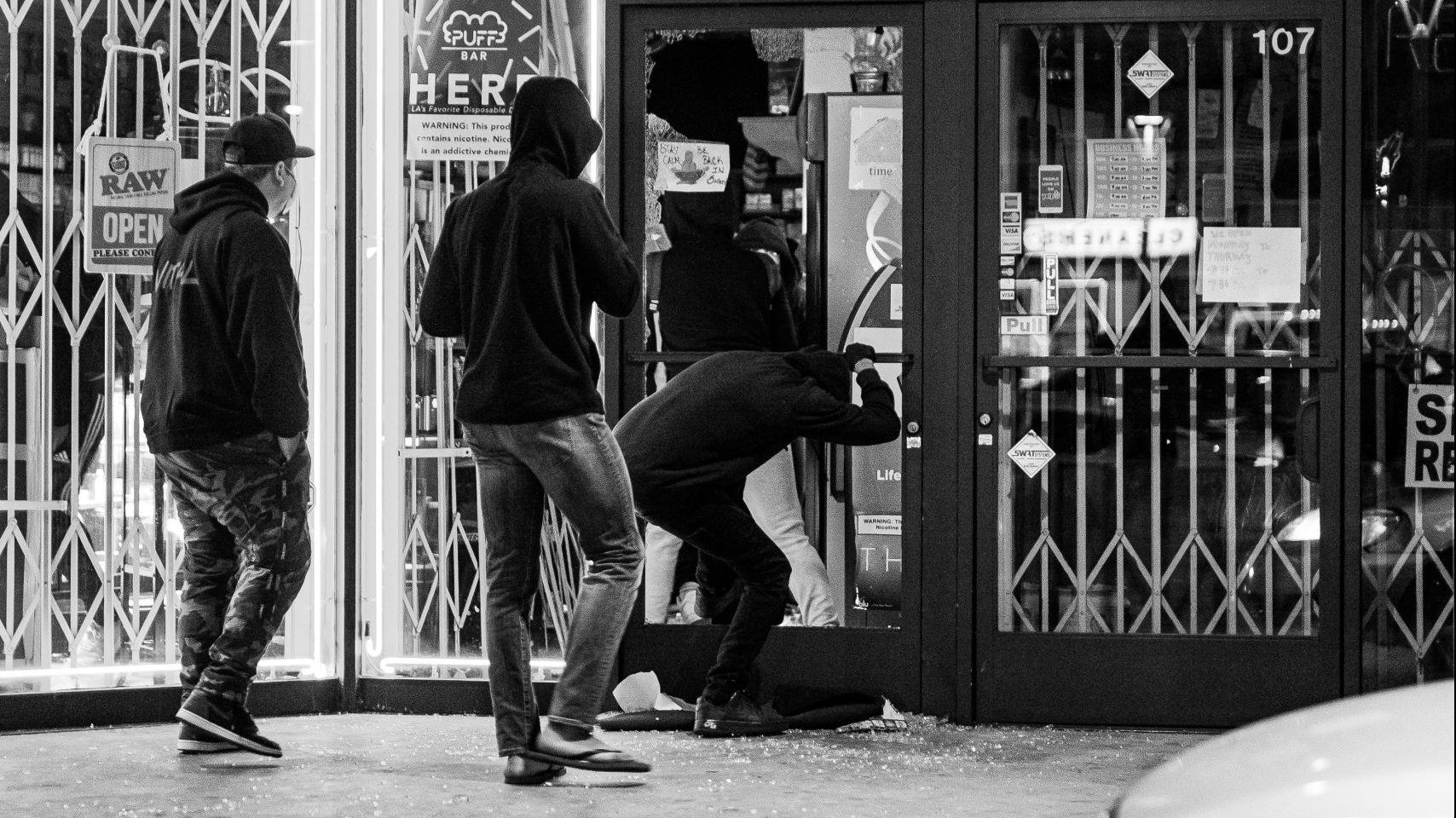
You might think that no one would be stupid enough to document their own law-breaking behavior on social media, but the number of convictions secured in this exact way tells a very different story. While you obviously shouldn’t be breaking the law, if you do happen to find yourself in a situation involving illicit substances or activities, do yourself a favor and keep your phone in your pocket.
Selfies in inappropriate locations

If you type Auschwitz into Instagram, you’ll be greeted with an endless barrage of tone-deaf selfies snapped inside the infamous labor camp, and the same is true of most places that should treated with somber respect. While this behavior probably won’t land you in trouble with the law, it’s in seriously bad taste and could deeply offend people in your social network.
Nude photos
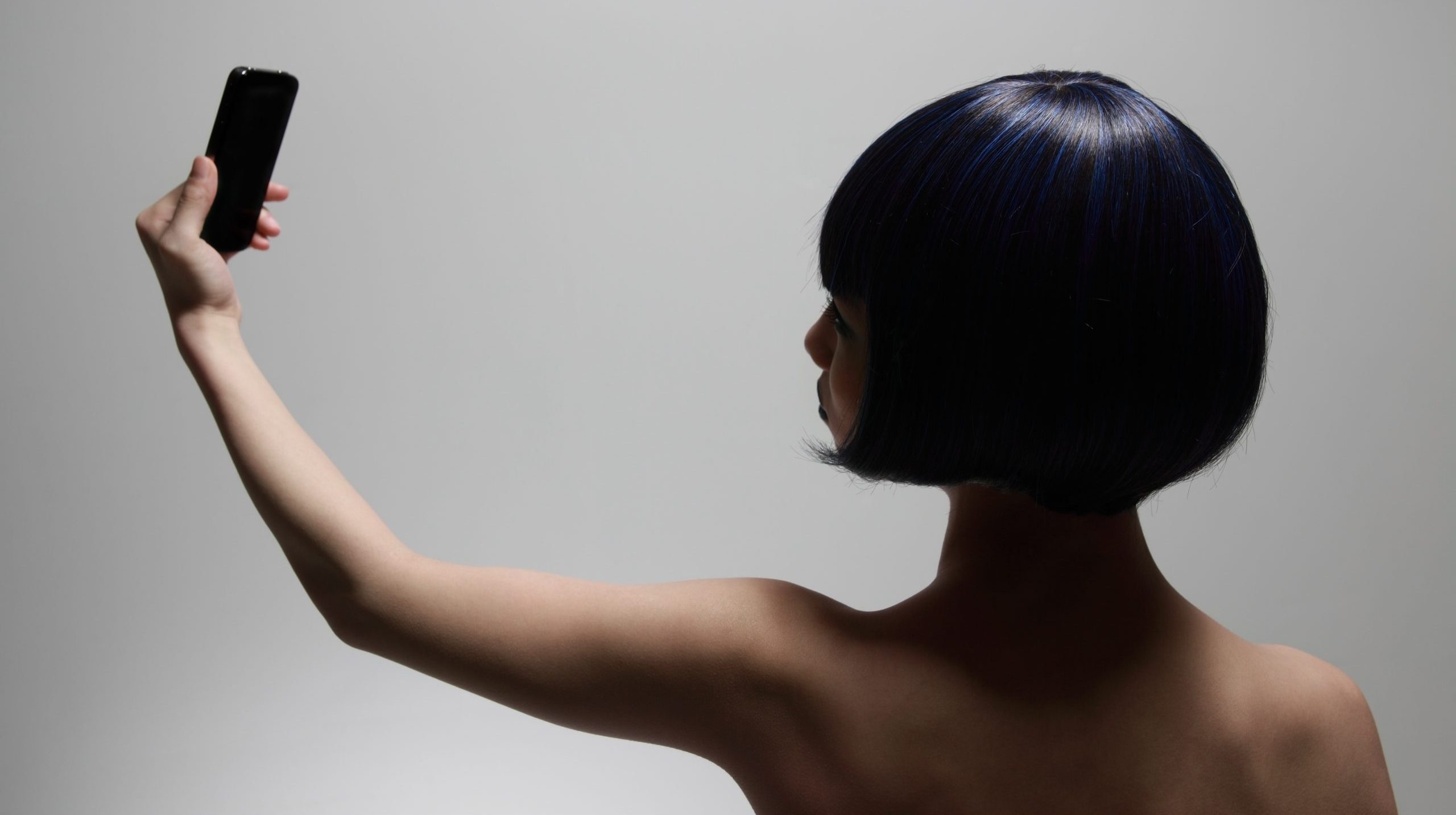
Even if you think you’re sending them to someone you trust, sharing risqué photos of yourself is never a good idea. Once those photos are out there there’s no getting them back, and you have absolutely no idea where they’ll end up. Even if they’re just stored on the device of your partner, that’s no guarantee that a hacker won’t be able to steal them.
Accusations
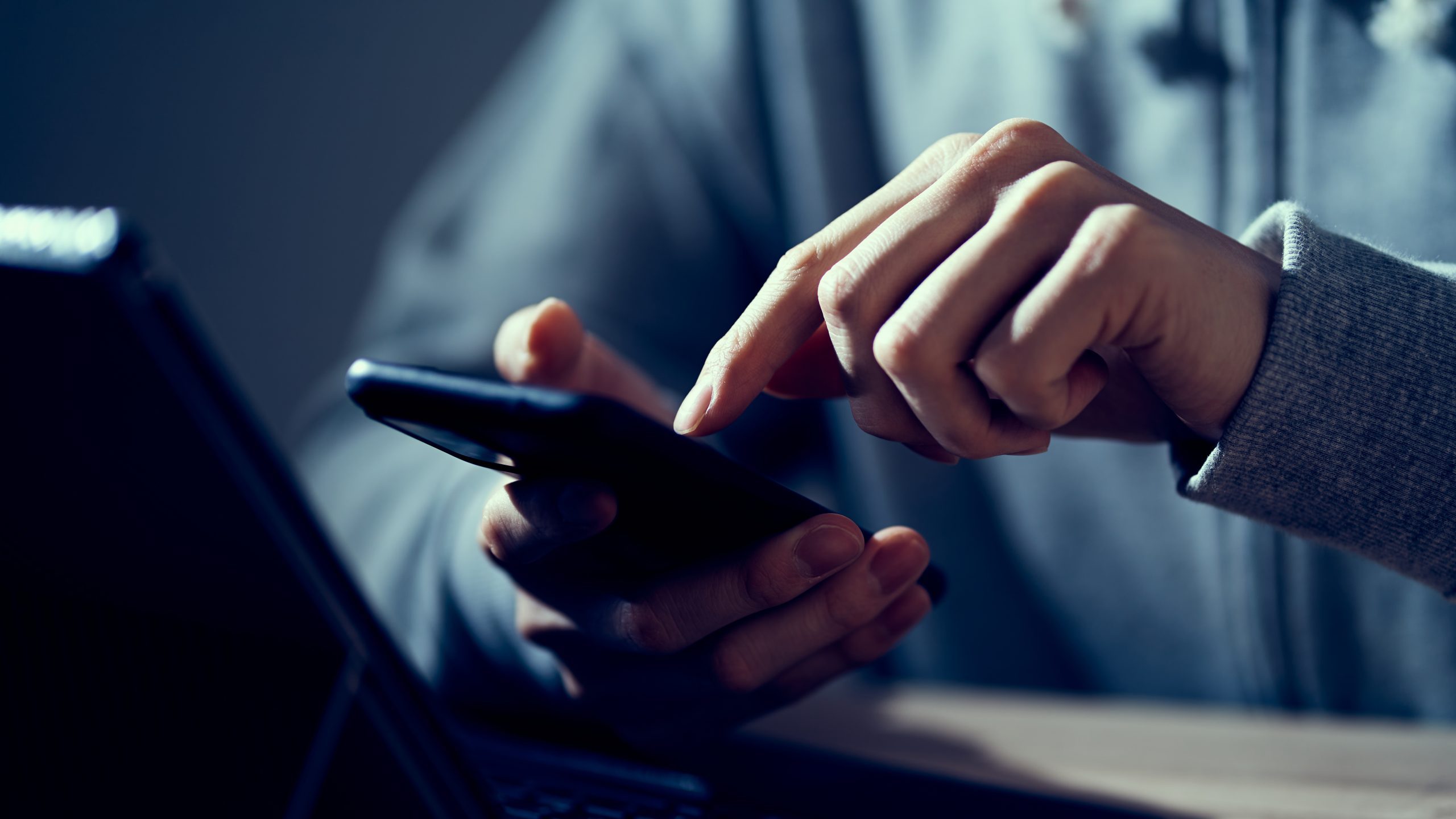
Posting accusations on the internet is a great way to expose yourself to a lawsuit for libel or slander. Even if you don’t land yourself in a legal bind, you could still cause irreparable harm to someone’s career or social life. Social media is never the correct forum for leveling accusations, and disputes should always be resolved offline.
Photos of your passport
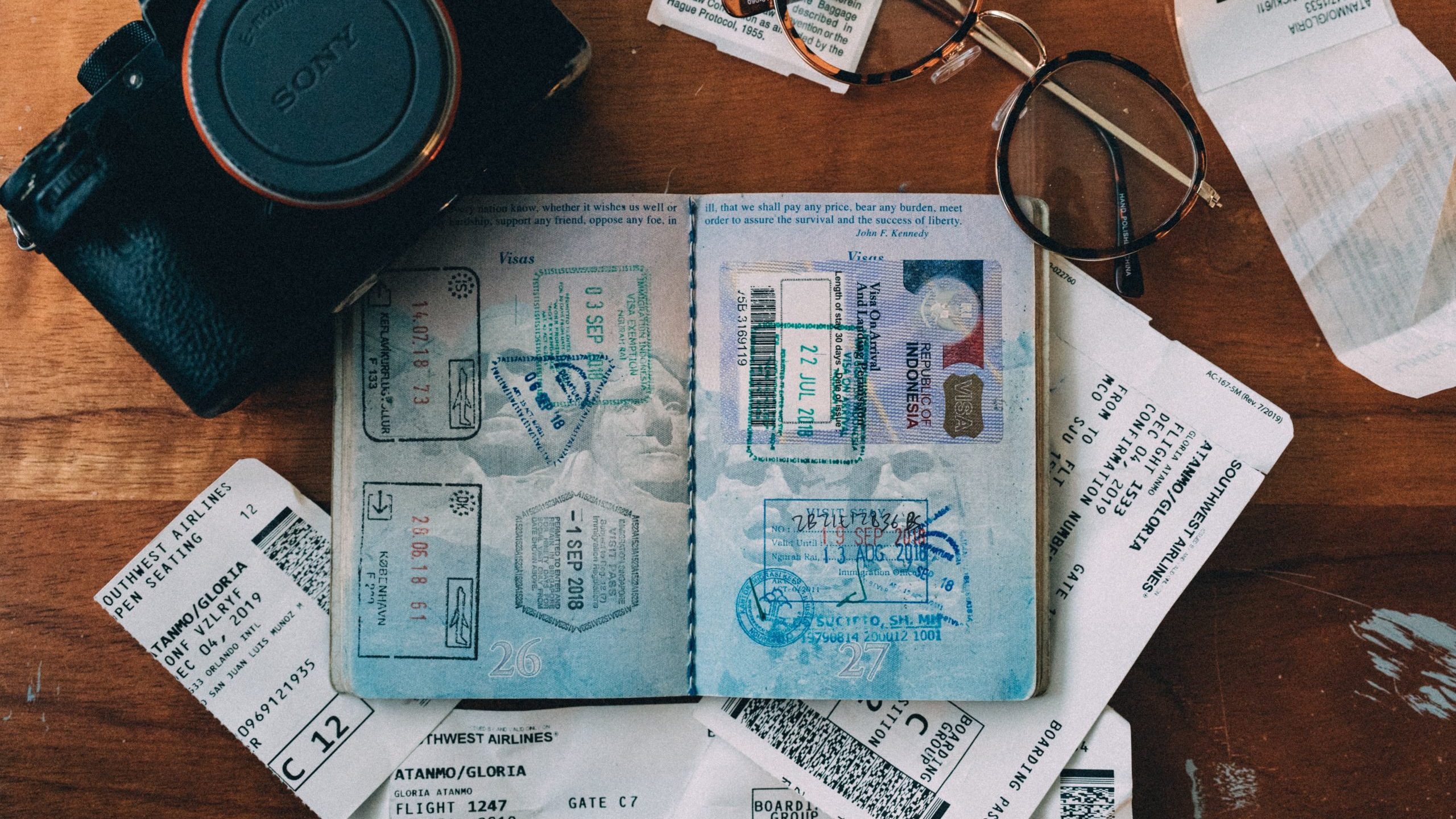
There are a number of reasons you might want to post a photo of your passport online. You might have just been issued a new one, or you might be about to head off on holiday. Whatever the case, sharing any details of your passport online is always an awful idea, and one that could easily end in a nasty case of identity theft.
Selfies with religious iconography

In 2012, a group of French tourists in Sri Lanka were handed suspended jail sentences after being found guilty of taking selfies with Buddha statues. While this might seem drastic, many countries around the world have similar laws, so the safest course of action is simply to refrain from posting selfies with religious iconography.
Expensive purchases

Next time you feel like flexing about your shiny new purchase all over social media, bear in mind that you could be attracting the kind of attention you really don’t want. Whenever you post on the internet, you’re generally posting a lot more information than you realize, such as your location – not exactly ideal when you’re flashing something likely to pique the interest of thieves.
Conspiracy theories

Conspiracy theories have exploded in popularity in recent years, largely driven by social media algorithms that put people into online echo chambers. While you’re obviously entitled to believe whatever you want, think twice before donning your tin hat and posting a bunch of videos about lizard people to your feed; getting a reputation as a conspiracy theorist is unlikely to do you many favors.
Medical advice
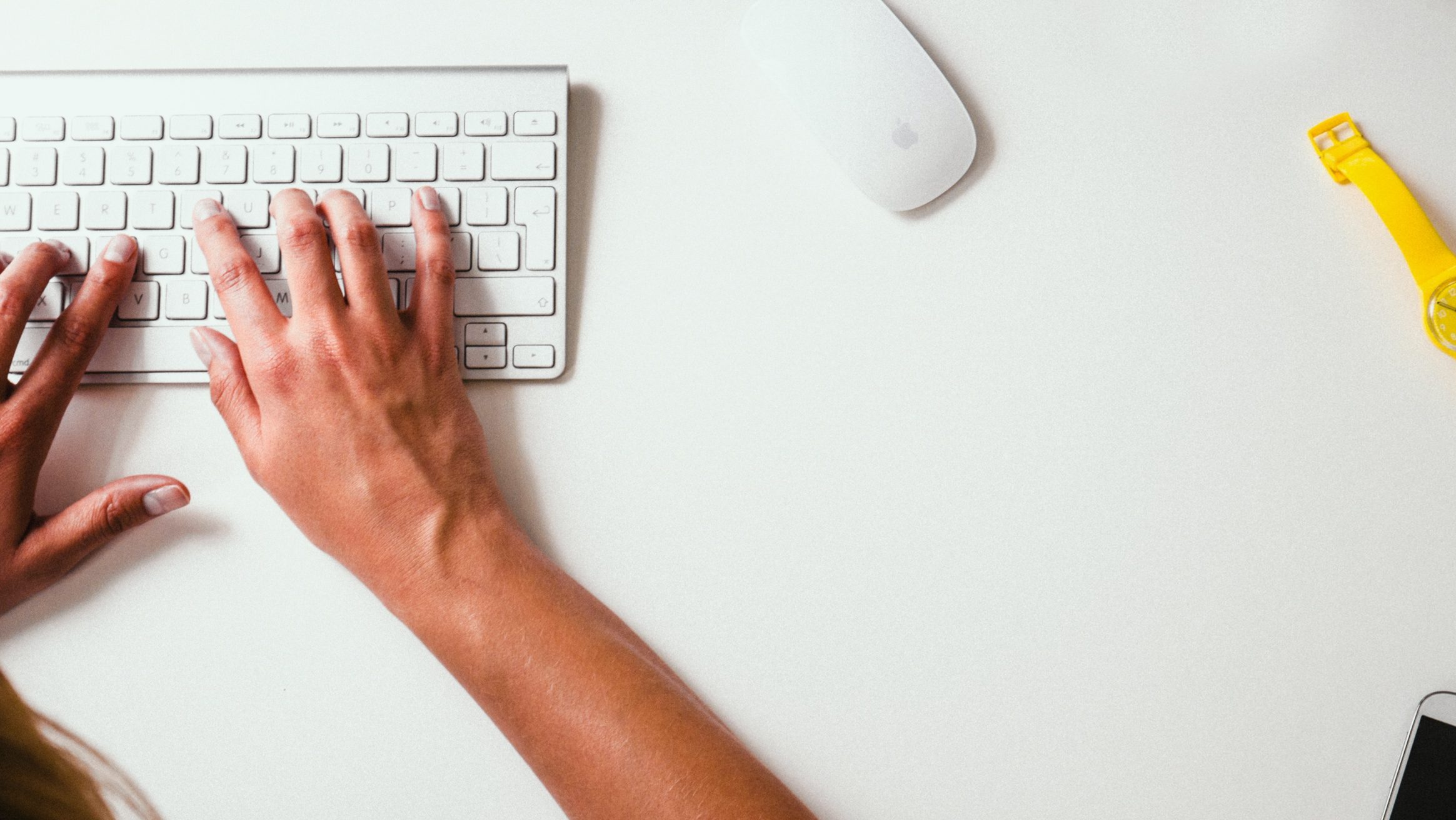
It’s astonishing how many people turn to social media seeking medical advice, but that’s the world we live in. If someone you know is asking for help diagnosing their symptoms online, do not offer your opinion, even if you’re completely sure you know what you’re talking about. It’s impossible to make an accurate diagnosis over the internet, and your advice could easily lead to harm.
Details about your home’s security measures
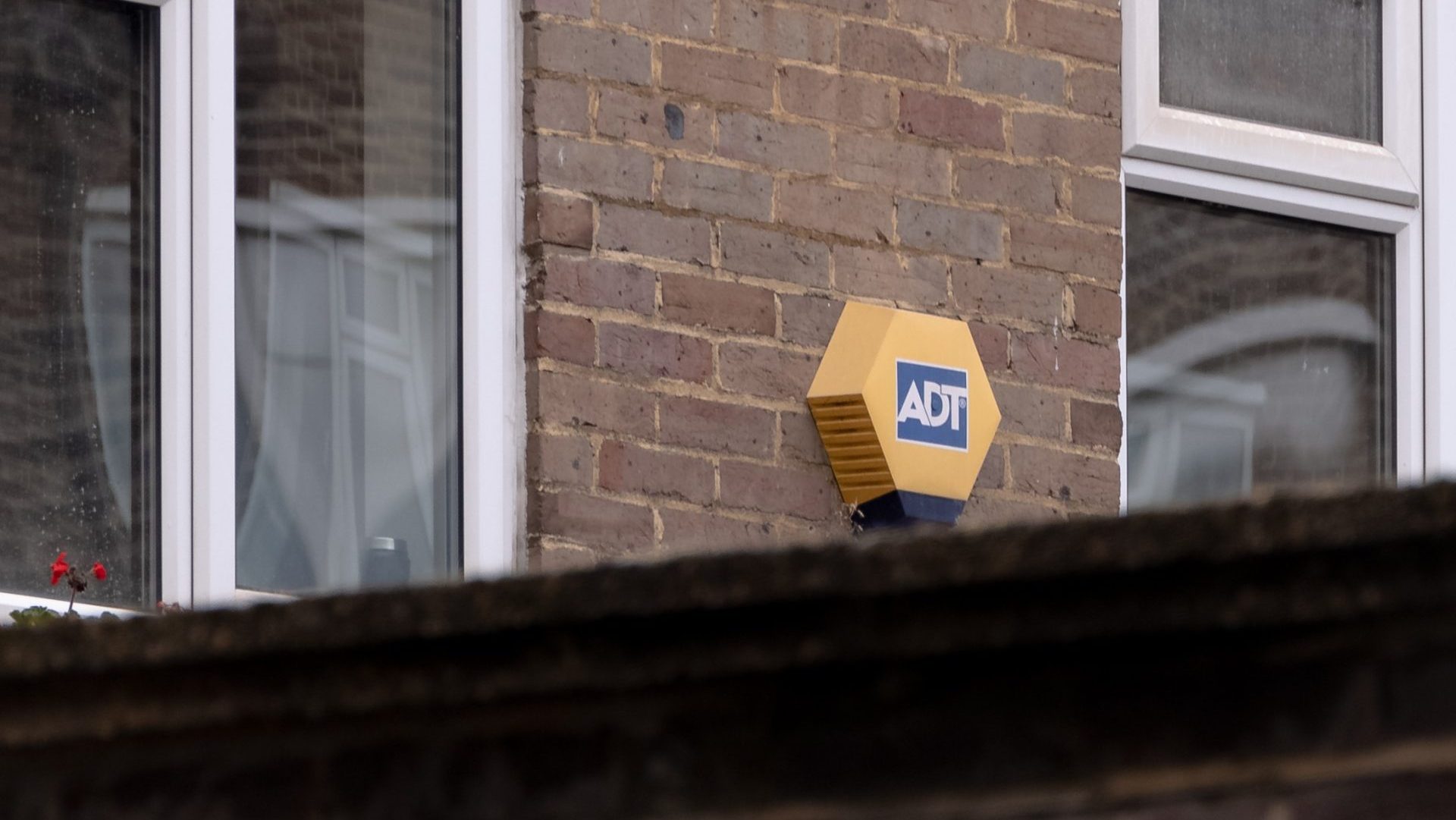
If you’ve taken the sensible step of installing a home security system, don’t then undo all of your hard work by posting details about it online. Burglars will often scour social media for valuable information, and if they can identify the make and model of your alarm system from the background of a birthday selfie they’ll be better able to work out vulnerabilities.
Details of private conversations

It’s easy to forget how far reaching social media can be, with things you post often spreading far beyond your network of immediate connections. This is why you should never share details of a private conversation, even if you think the chances it will get back to the person are slim. Getting a reputation as someone who can’t be trusted is a surefire way to damage both your personal life and career.
Social plans

Social media gives stalkers an unprecedented level of access to their targets’ lives, so you should be incredibly careful about what you post. It’s fine to share photos or posts about social occasions with friends, but do so after the event, so that you’re not giving anyone the chance to work out when you’re likely to be vulnerable.
Details of your finances

When you feel good about a financial achievement – hitting a savings milestone, for example, or making a great investment – you might want to shout about it online for all the world to see. However, you should keep details of your finances as private as possible, lest you attract the attention of someone with nefarious intentions.
Plans to play hooky

Work hasn’t been going well for you. You need a break, but you’re all out of vacation. What do you do? You play hooky and call in sick. For this to work, however, you have to commit to the bit and not let anyone know about your plans to feign illness. Broadcasting this on social media is, obviously, idiotic. Zip that mouth shut!
Vaccine cards
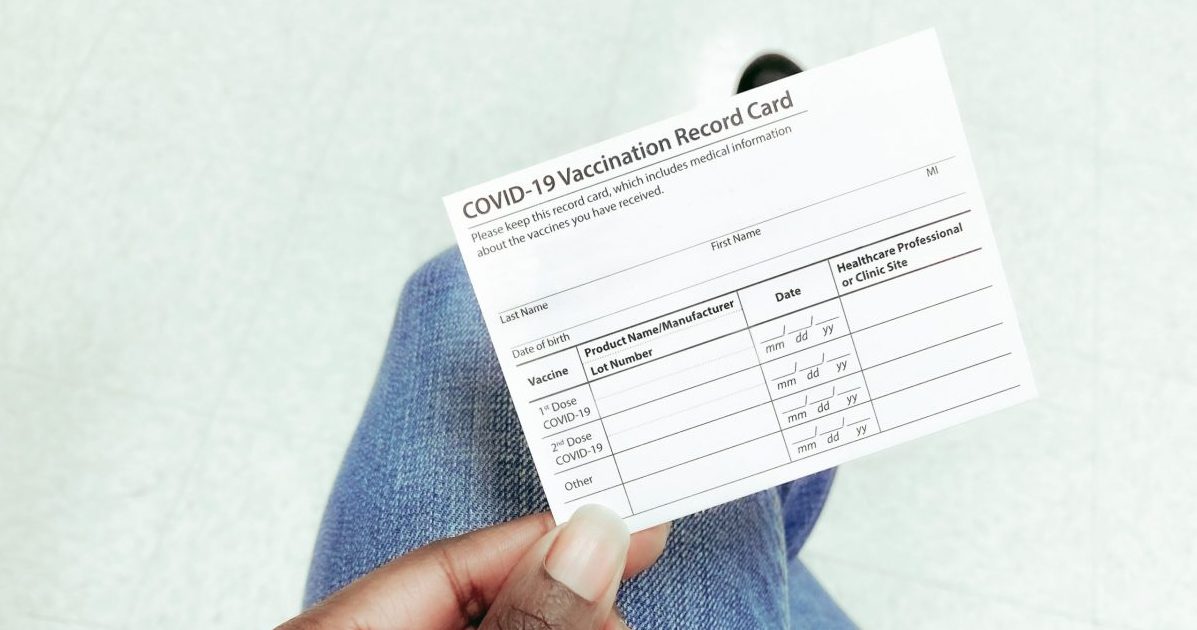
The vaccine card hype isn’t really hip anymore but that doesn’t mean there aren’t some souls out there who plan to make each vaccine certificate public knowledge. Those souls should know better. Slapping a picture of your vaccine card online puts you at a privacy risk. “But they don’t have any banking information on them!” we hear you ask. Doesn’t matter.
You coming into money

Another entry under the “giving people more information than you want them to have” category. Have you recently won big at the casino or on a bet? Have you won the lottery in whatever capacity? Avoid announcing this online. At worst, you may entice thieves. At best, dormant friends may start asking you for financial favours.
Hateful comments
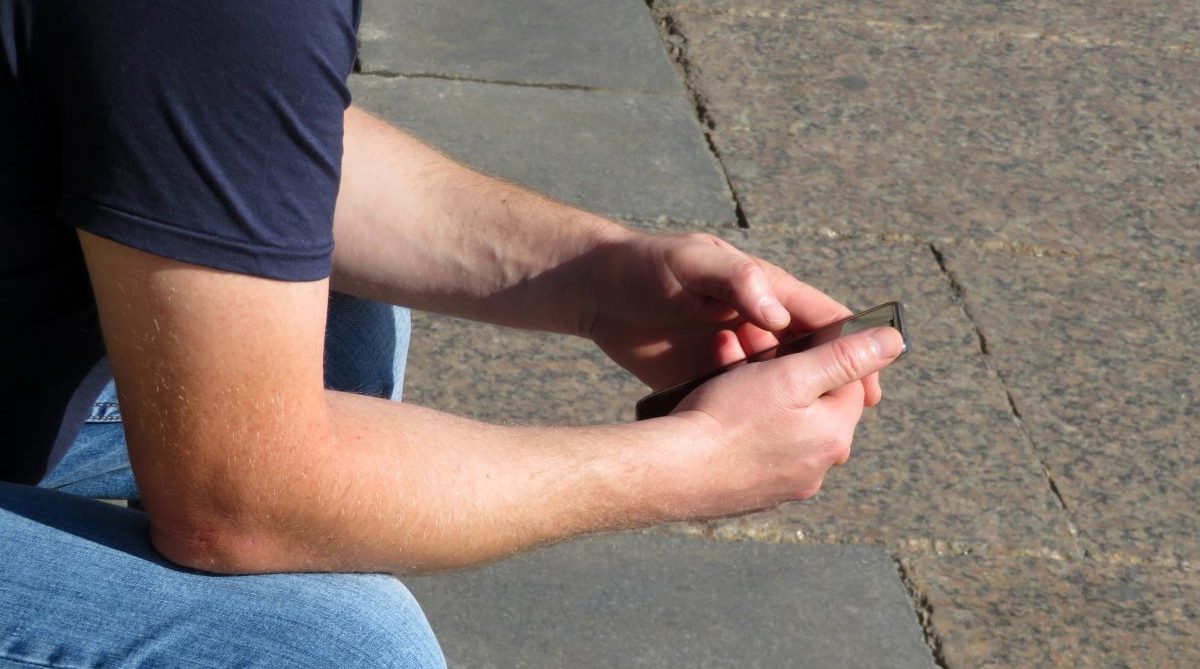
If you need to be told not to leave hateful comments online, it’s too late for you, but we’ll drive it home once more: do not leave hateful comments online. Being hateful in general is bad. It benefits nobody and stains your character. Being hateful online isn’t as forgiving. If you call someone a bad word in the street, they may be the only one to hear it. Do it online and thousands could see it.
First drafts
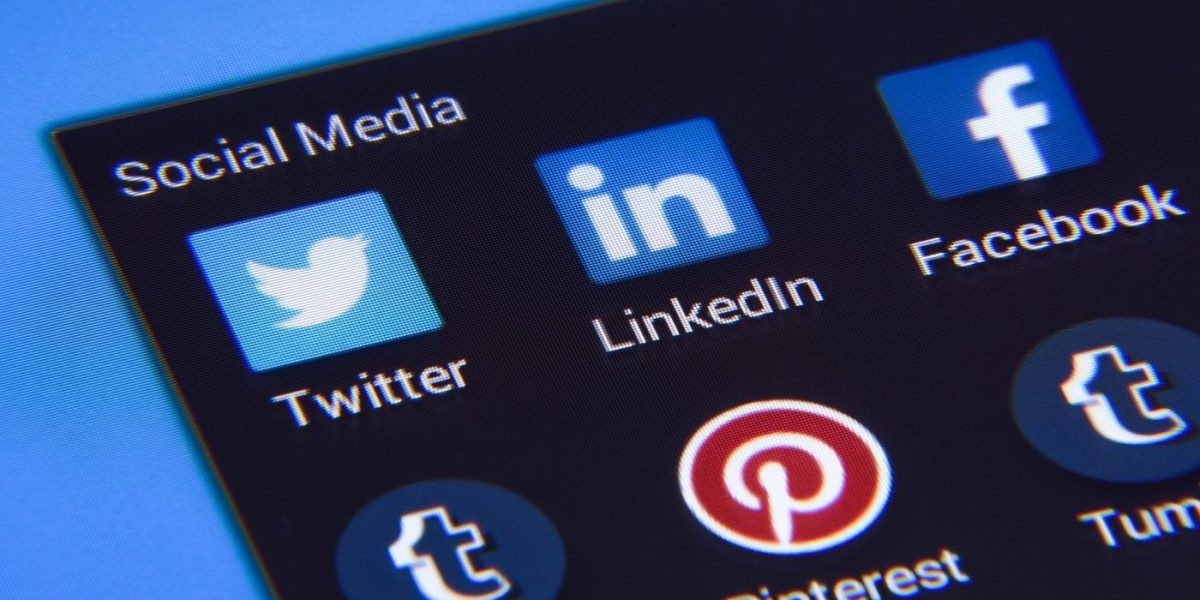
This is important for any LinkedIn enthusiast out there. First drafts may swing in the form of a Facebook status or Tweet, but professional posts reflect your integrity and skillset. The last thing you want a potential employer to see is a badly-worded first draft strewn with childish mistakes. Give it a look over!
The view from your window
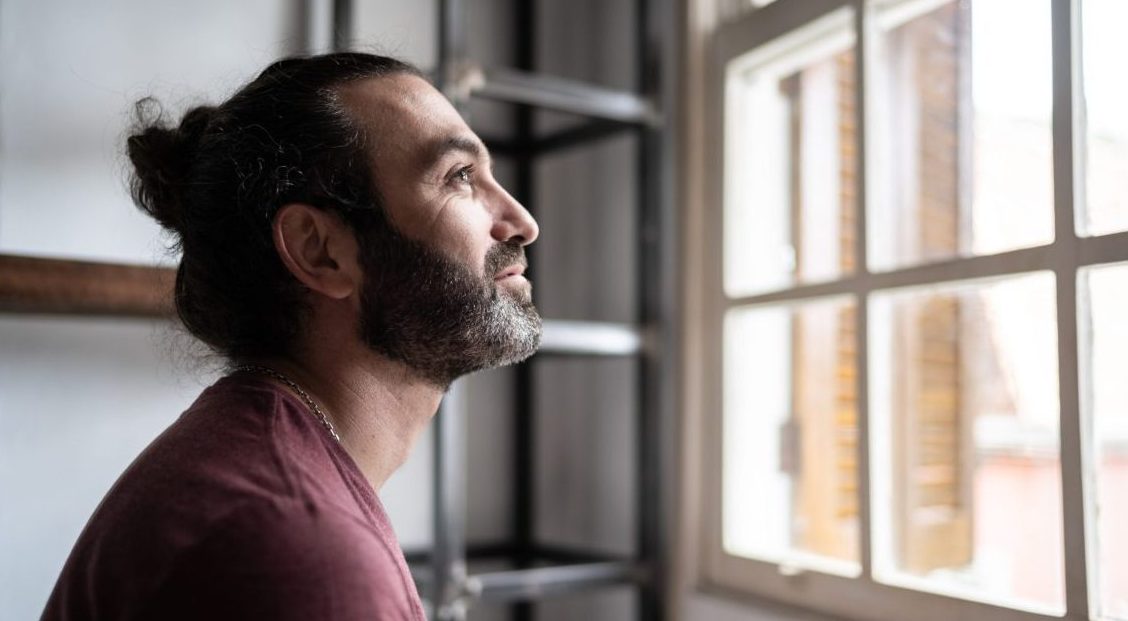
You’ve all heard about how you shouldn’t post pictures of the outside of your house, but that doesn’t mean any other house on your street is safe to be documented. A view from your window can just as easily give away your location to would-be thieves who are planning to invade your house when you’re at work.
Copyrighted images

If you like an illustration or picture that you want to share online, go and find the name of the person or company that created it and get written proof that you can use it. Accidentally posting someone else’s art without their permission is hardly ever going to end in a court case, but you should never take the risk.
Your pet’s name

Do you know what’s weaker than a password? A security question. What is your favorite color? What is your favorite meal? Where did you grow up? What is your pet’s name? That last one can be a killer. Pet owners love to share pictures and details of their furry friends online. All it takes is one crafty customer to seek out your pet’s name via Facebook and boom, you’re hacked.
Medical information

99.9% of medical professionals know better than to release confidential information on social media, but we still have to address the black sheep. Never ever share images of X-rays without your patient’s consent. In rare exceptions, such as for professional purposes, you will still need to seek permission and omit any personal data.
Fake news

With the advent of AI, it’s harder than ever to distinguish the real from the fake, so social media users are encouraged to double-check their double-checks. Don’t allow yourself to give in to hateful or misleading fake news, and definitely don’t share it on your profile. Not only will this negatively reflect your reputation but may leave you unemployed.
Prescriptions

Any new medications you’ve picked up recently should remain a private matter between you and your doctor. A prescription may look like a nondescript plastic container but there will be precious information stuck on there which may be used against you. Keep your meds in your special cabinet and practice caution!
Giveaways

Some brands thrive on giveaways across social media. Do you want an all-expenses two-week trip to New York? Tag five friends, follow our page, tattoo our brand slogan on your chest, and SHARE this post! Don’t be that guy or girl who’s always sharing them. Clogging up other people’s feeds with boring, repetitive competitions is poor form.
Car plates
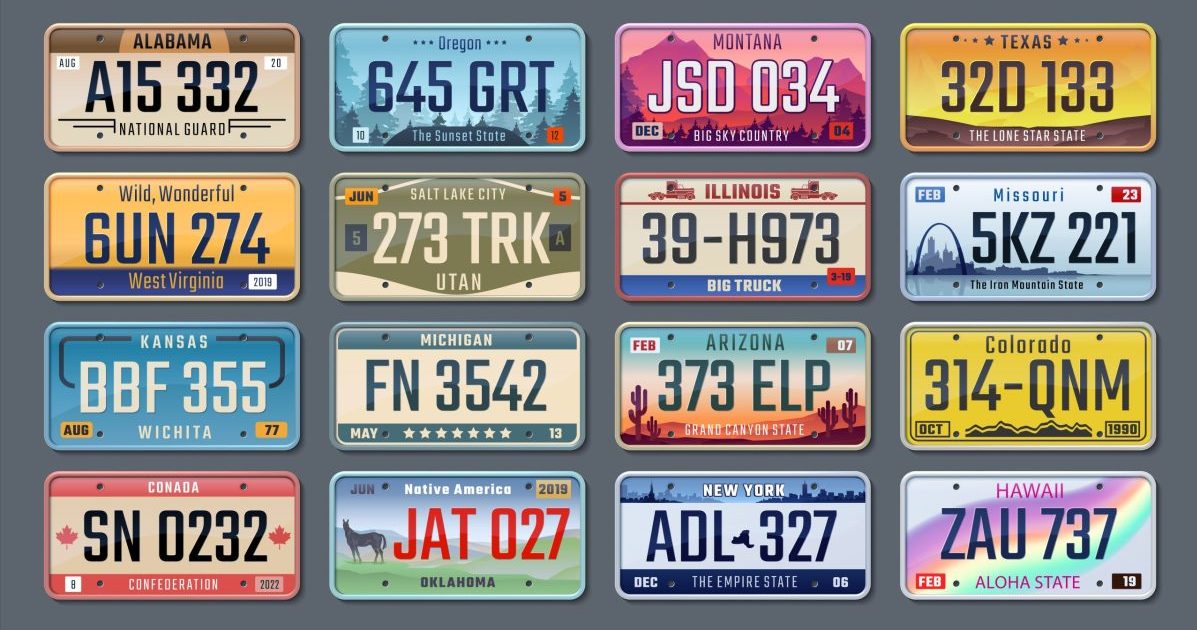
Why should I worry about hiding my license plate when the number is already exposed while driving? True, but that’s often a fleeting momen. Posting a picture allows people to get the thing in full and in turn, determine the actual name and physical address of someone. You never know what kind of crazy person feels hard done by you and your vehicle.
Boarding pass
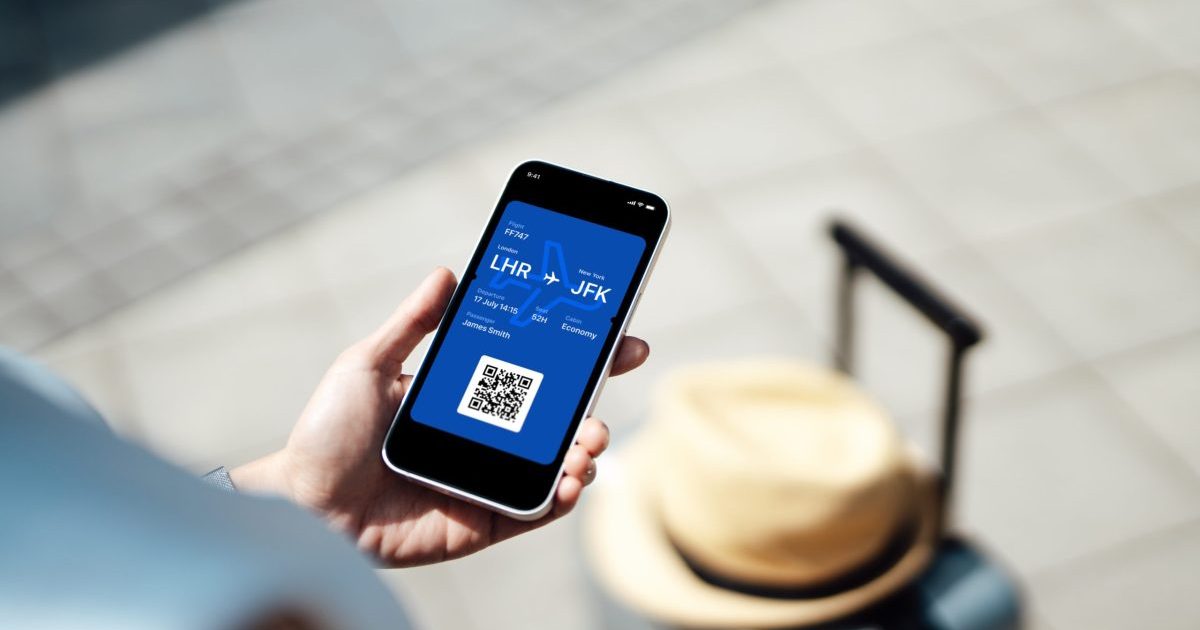
Boarding passes are serious business. Former Prime Minister of Australia, Tony Abbott, once posted a photo of his boarding pass and within a couple of hours had his private accounts hacked. That’s all the hacker needed in order to invade a man’s online privacy. Keep your boarding pass to yourself and enjoy your vacation in peace.
The same post across platforms
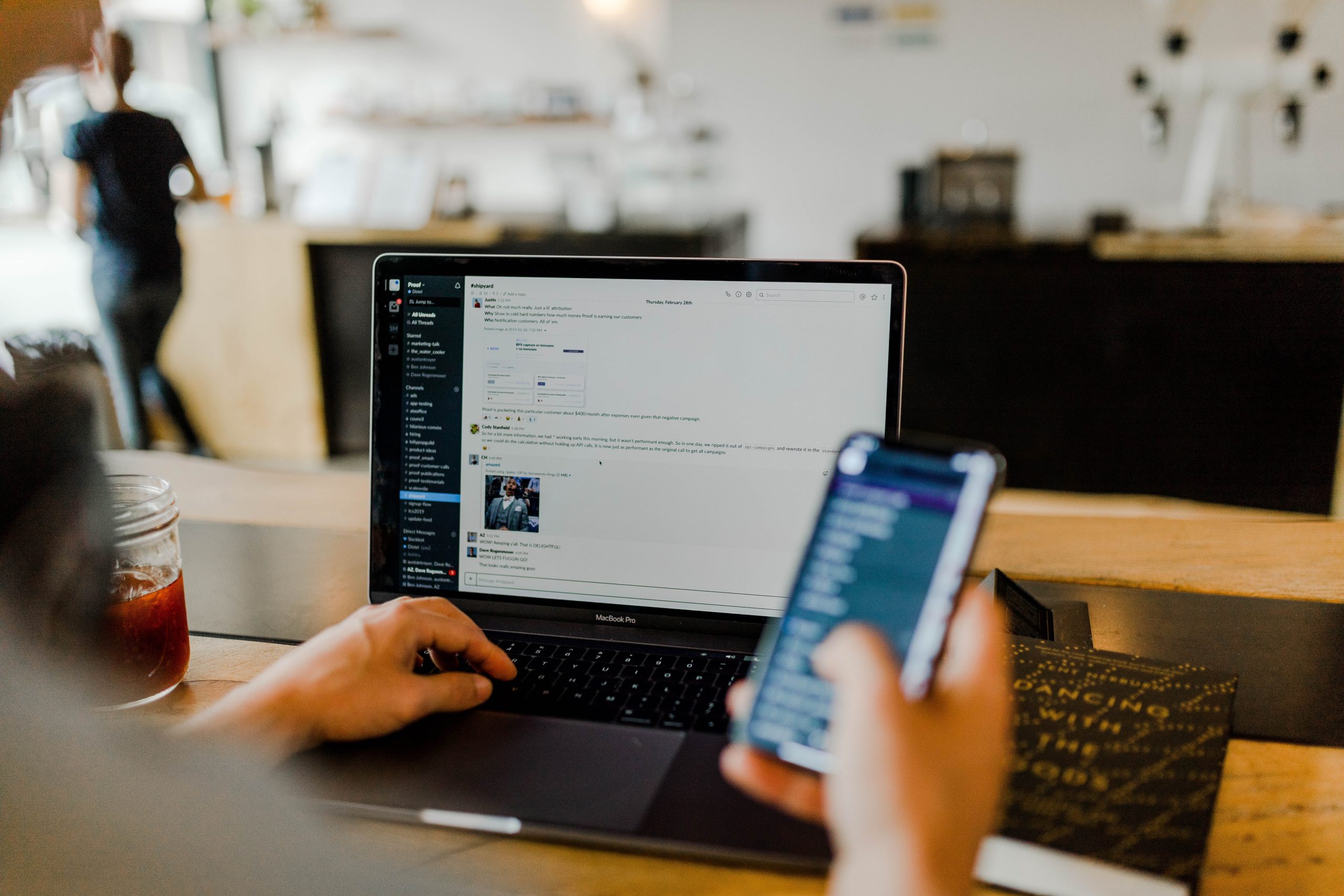
All social media networks are different. The vibes vary. What works as a Tweet won’t necessarily work as a LinkedIn post. Avoid cross-posting the same exact content or message. From a professional standpoint, this is sloppy and displays a lack of understanding. Personally, it’s just annoying for all your connections.
Funeral pictures

There are no rules on photos and funerals, but the attitude is clear: let’s not document this horrible day forever. Taking a picture of any part of a funeral is a big no-no. The service itself, the procession and especially not the burial. Do not just keep your phone camera well away, but turn the device off altogether.
Spoilers

In an often stale and depressing world, film, TV and literature offer a much-needed, exhilarating escape. Why ruin that for someone? Nobody wins when it comes to spoilers. Stop trying to make defenses, “It’s just a show”, “it’s been out for years”. Deliberately ruining a twist or ending for someone will never make you a crowd favorite.
TMI

For whatever reason, some people online love to share the intimate details of their lives, especially the bedroom activities between them and their partners. Please hit delete on that thirsty soliloquy and save yourself the short and long-term embarrassment. Buy a diary or journal and jot down your personal feelings there instead.
Plagiarism

Plagiarism is rife on social media, and with very slack copyright laws barely bothering to protect against it. Usually, this kind of theft only concerns throwaway jokes, which cannot turn into a court case. But if you were to plagiarize something more legitimate and copyrighted, such as an essay or text, law and order could come knocking very soon.
Party plans

Facebook has the ability to create private groups in which users can organize parties. It’s a perfect tool for anyone looking to throw a shindig that excludes certain individuals. Don’t overlook them to announce your party through a public status update. You may end up with some unwanted guests in your house.
Issues with parents

As you struggle to make your through adolescence, fights with parents are going to come naturally. Back in the day, teenagers would storm out of an argument, listen to nu metal, and trash their room. Now, they have a digital outlet to vent their frustrations. And while that might be tempting, you should hold back for the sake of further problems down the line.
Movie theater recordings

This is a bit of an old-school hobby in the age of torrents and leaks, but some folks will still take videos inside cinema screenings either for clout or to cheat the system. Piracy remains illegal, so don’t get caught slacking filming that post-credits reveal or twist. Enjoy the film and go home happy in the knowledge that you know something others don’t!
Talking about a court case
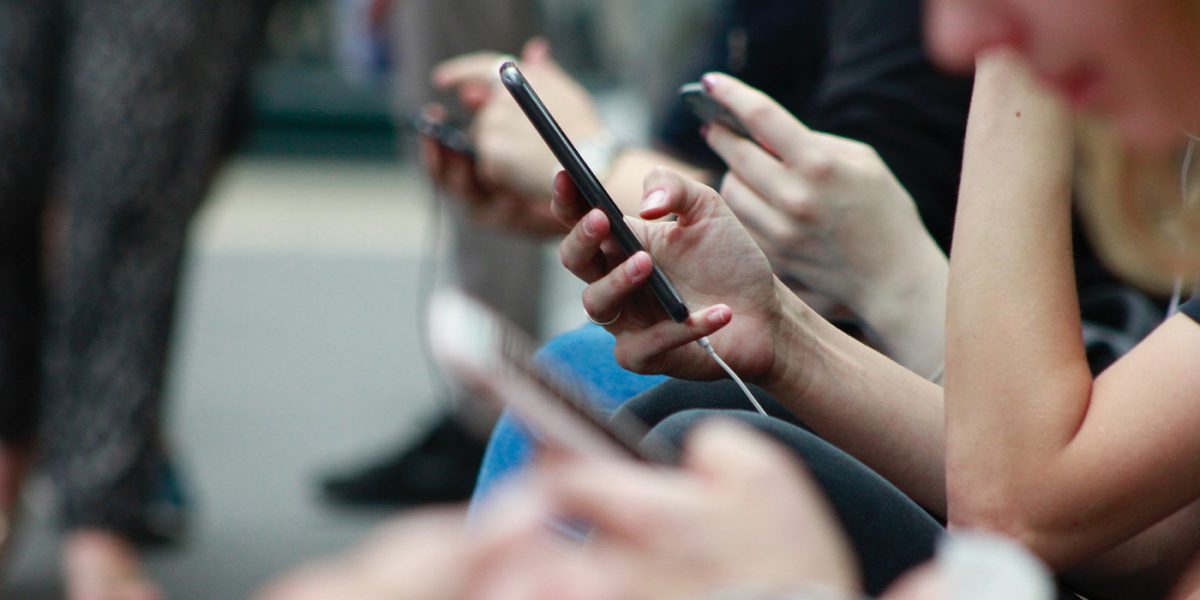
If you wanna pitch into a celebrity court case you have no association with, go for it. But if you’re on jury duty, for example, do not ever speak publicly or post on social media about the case at hand. Certainly don’t make it known whether or not you think a person is guilty or innocent. You could be found in contempt of court.
Your bodily functions

Bodily functions are funny… to a degree. A fart? Unquestionably funny. A straight-up number two? That’s just fecal matter. We don’t need to see your business like that on social media, regardless of how interesting or gross it is. There are specific, less-mainstream outlets for that online.
Hashtag overkill
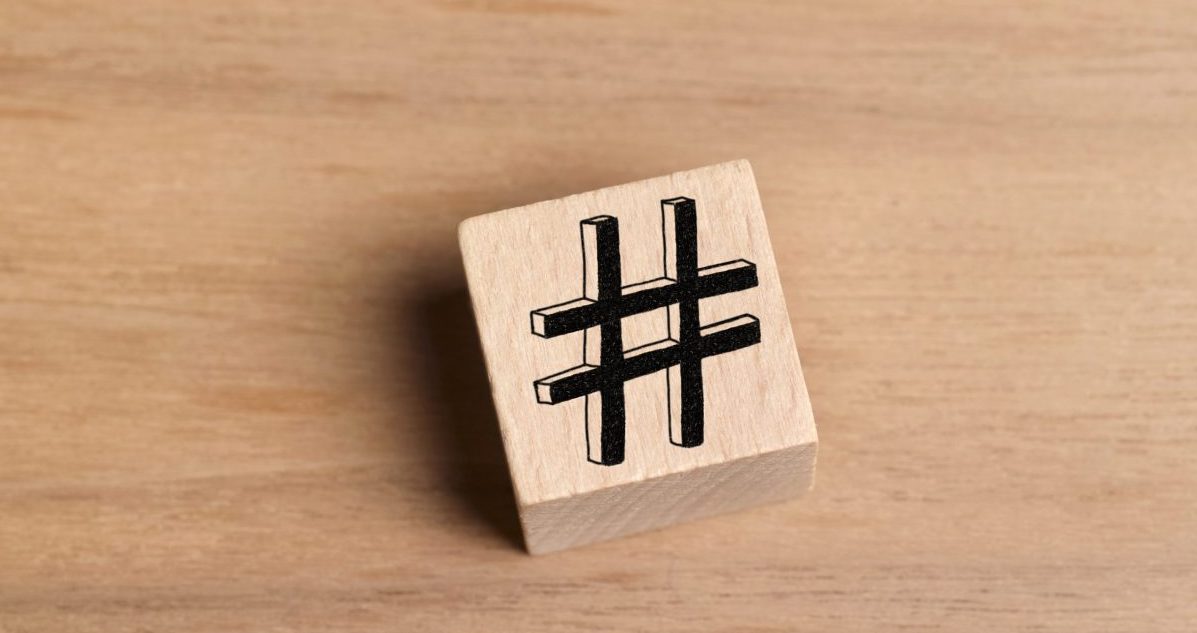
Hashtags are prehistoric at this point but they still serve a practical purpose. If you’re posting a message on LinkedIn and want to get it out to as many people as you can, by all means, throw in a few inspirational hashtags. If you’re another schmuck posting on Twitter or Facebook, cool it with the hashtags. They’re tacky and spam-like.
Political rants

Politics are everywhere online so you’re going to crumble and submit your own take one of these days. And that’s okay if you’re being sensible about it. What you don’t want to do is post a political rant, that doesn’t seek to serve anyone but those in the gutter. Rants are rushed and flawed, and therefore easy to pick apart. Is that what you want? A public dressing-down?
Risqué pics of your ex

Anyone found guilty of sharing intimate revenge pics will face a maximum penalty of six months in prison. If the prosecution can prove that you intended to “cause distress, alarm or humiliation, or to obtain gratification”, you could face a longer, two-year sentence. When you break up with someone, delete those private pictures.
Inconsistent content

Inconsistent content for any average social media user is fine, if not encouraged. This is for all the brands out there. The would-be influencers among you. Pick a lane and ride it out. Making sure the content you publish stays as close to the styles and themes you set out with is a surefire way to gain trust in your brand.
Driver’s license

It’s exciting getting your driver’s license. You want to show it off to anyone with a pair of eyes. Keep it away from social media, though. Not only can it be used to steal your identity, but if someone were to combine the information from your license with some information from another post, they would have everything they need for a full breach of private info.
Your meal

Enough now. There is too much food on the internet. Too many recipes. Too many shows. Too many people cooking like they’re the only humans on earth with access to a set of hobs and a frying pan. It’s sad that once-interesting meals and cuisines have now been rendered drab by overkill but that’s the world we live in. Thanks!